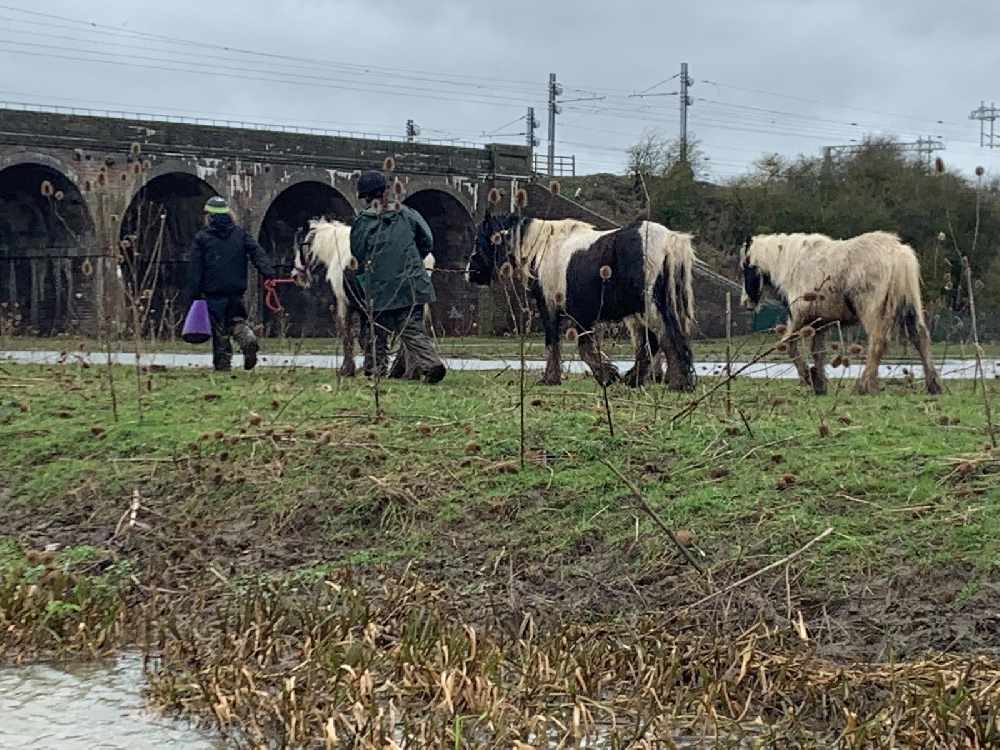
RSPCA called about more than 400 equine incidents in Cheshire last year, sparking fears that more sick horses will be dumped across the country.
The RSPCA is warning that a financial recession could plunge the country into a second wave of the equine crisis which has already led to thousands of dumped and dying horses and crippled welfare charities.
In 2019, the charity received reports of more than 4,241 incidents involving horses in the midlands, 407 of those in Cheshire. By the end of the year it had nearly 900 in its care nationally, leaving its rescue centres full and funding hundreds more in private boarding.
Since lockdown, the RSPCA has received 35 reports about horses in Cheshire, but fears much worse is to come if, as expected, the Covid crisis sparks a UK and global recession.
Equine welfare charities are already under immense strain, following the horse crisis which was sparked off by the 2008 financial crash and the sector is extremely concerned about the welfare repercussions for horses in the months ahead with an estimated 7,000 horses at risk of suffering.
The RSPCA is appealing for vital donations to help it prepare for an influx of horses and ponies desperately in need of help.
Christine McNeil, the charity’s National Equine Inspectors Co-Ordinator said: “This is a truly worrying time for equine charities - we still haven’t got a handle on the repercussions of the current horse crisis, and it now looks like the worst is yet to come.
“In April 2011, before the effects of the financial recession had hit, the RSPCA had 290 horses in its care, already more than our official stables could house. The following year, the impact of the crisis really began to hit and our officers were called out every day up and down the country to neglected and abandoned horses. By May 2012, the number of horses in our care had leapt to 600. Fast-forward to today, and we’re caring for 927 horses - that’s three times the amount since the crisis hit, and we strongly fear that the impact will be even worse this time round.
“With such a huge number of horses in our care, and so many in private boarding, at great cost, we have already had to adapt how we try to help as many horses as we can. For example, several ‘herds’ of horses in need are being cared for in situ with our officers visiting regularly to feed and care for them, until we can find spaces in one of our centres for them, or funds to transport them to private boarding.
The current horse crisis is thought to have been sparked by continued overbreeding, coupled with falling demand for some types of horses, which left a surplus of unwanted animals which have been left dumped like rubbish, sometimes extremely sick or dying, leaving equine charities bursting at the seams with these abandoned animals.
Threats of a financial recession this year has led to fears that irresponsible horse breeders will continue to breed their animals in a bid to turn a quick profit and that existing horse owners will struggle financially to keep their animals and cover vet bills. This may lead to animals suffering, and some may even resort to abandoning their animals out of desperation.
Between March-May 2020, during the lockdown period, the charity has received reports of 2,116 incidents relating to horses alone, with high numbers of calls coming from regional ‘hotspots' in the midlands such as Derbyshire, Staffordshire and Leicestershire.
In February this year, RSPCA officers rescued a herd of 43 horses abandoned in fields in Wellingborough, Northamptonshire (pictured above) along with other equine charities**, the local police and authorities.
After concerns were raised for the horses' welfare, including hazards such as a river, lake, flooded fields and a railway line going across the site, the horses were rounded-up and taken into the care of the charities, including several in poor condition that were taken in by the RSPCA. Underweight and unhandled, the horses were in need of proper care after they were rescued from the flooded fields by the RSPCA's specialist water rescue and boat teams.
The landowner was able to seize the horses with the help of the RSPCA under the Control of Horses Act - as it is understood some of the horses had been dumped for unauthorised grazing, though their owners never came forward to claim them.
RSPCA Chief Inspector Jim Lucas, who led the operation, said: “This was a hugely successful operation thanks to the close working relationship with all partner organisations - but it is a clear example of the sort of challenges we have faced, and will continue to face, due to the horse crisis.
“None of the animals were micro-chipped so we were unable to identify their owners. It's only because of generous donations from the public that we are able to take in horses like this, rehabilitate them, and try to find them homes."
The RSPCA has taken in 82 horses during lockdown already*, bringing the total number of horses in the charity’s care to 927. This figure is much more than the charity can care for at its own centres, forcing the charity to pay for three quarters of horses to be housed at private boarding stables.
The charity spends approximately £5200 per year for the care of each horse taken in - that’s over £4.8 million each year.
The RSPCA has been working alongside the Blue Cross, Bransby Horses, British Horse Society, Redwings, The Donkey Sanctuary and World Horse Welfare, in a bid to tackle this national crisis. Many of these charities have seen their income plummet while still continuing to look after the horses in their care.
Equine organisations have also been hit by the difficulty of rehoming under the present restrictions. Rehoming only restarted in mid April but horses represent one of the biggest challenges of all rescued animals to rehome, because of the difficulty of doing so whilst respecting social distancing, and while equine centres remain closed to the public. Despite these difficulties, the RSPCA has managed to rehome 21 horses in the ten weeks since lockdown - this compares to 56 in January and February.
Christine added: “The public’s help is absolutely vital to keep the RSPCA afloat during this extremely difficult time. We can’t stress how much we need loving homes for our horses and ponies, and we are urging those with experience of horses to please consider rehoming one of our wonderful rescue horses. Last year (2019), we rehomed 242 horses and ponies to loving new homes, with many going on to become superb children’s riding ponies, happy hacking horses, fantastic project youngsters, and wonderful retired companions.”
To help the RSPCA keep rescuing horses, providing them with essential veterinary care, rehabilitation, and finding them new homes through these unprecedented times, please donate whatever you can spare at www.rspca.org.uk/covid


 People in Chester are invited to join a singing celebration to mark Global Intergenerational Week
People in Chester are invited to join a singing celebration to mark Global Intergenerational Week
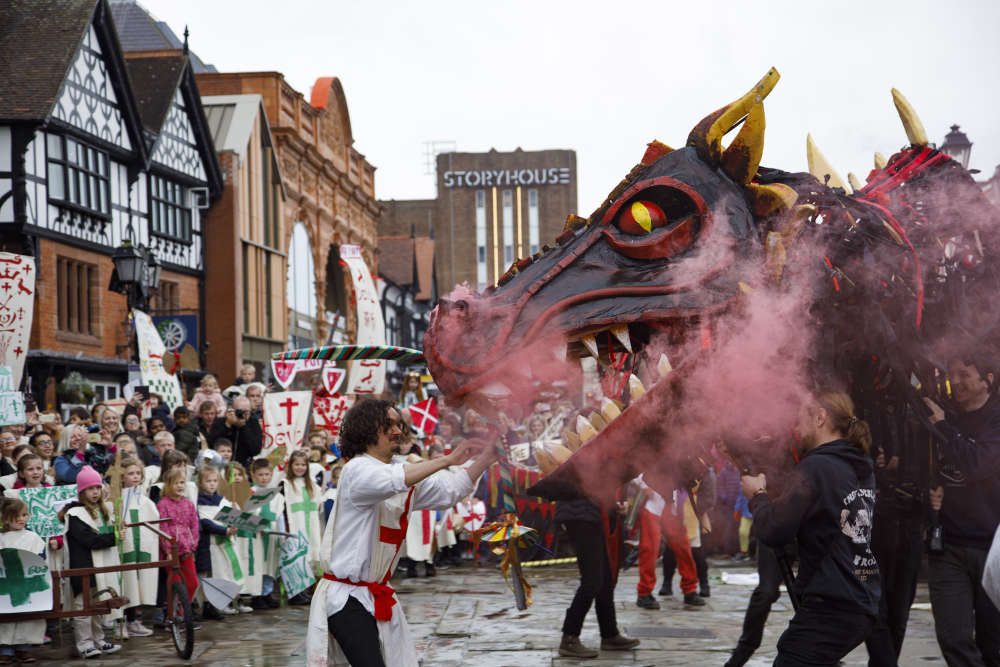 St George returns to Chester on Tuesday 23rd April
St George returns to Chester on Tuesday 23rd April
 Man jailed for stalking Chester MP
Man jailed for stalking Chester MP
 Hundreds of well-dressed ducks gear up for Chester Duck Race
Hundreds of well-dressed ducks gear up for Chester Duck Race
 Police appeal for witnesses to fatal collision in Elton as family pay tribute
Police appeal for witnesses to fatal collision in Elton as family pay tribute
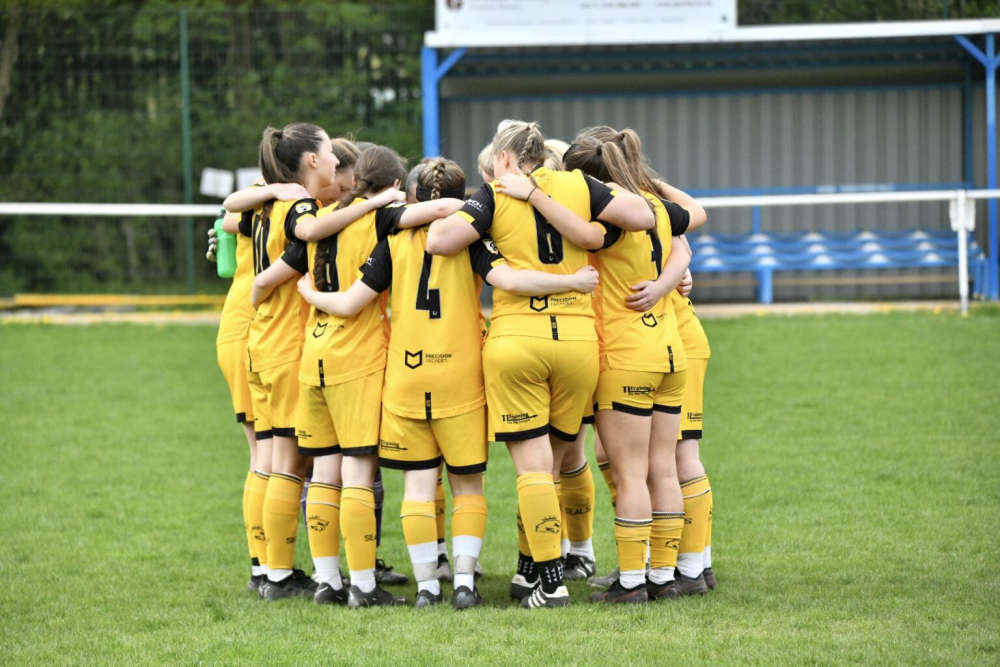 MATCH REPORT: WYTHENSHAWE 4 - 2 CHESTER FC WOMEN
MATCH REPORT: WYTHENSHAWE 4 - 2 CHESTER FC WOMEN
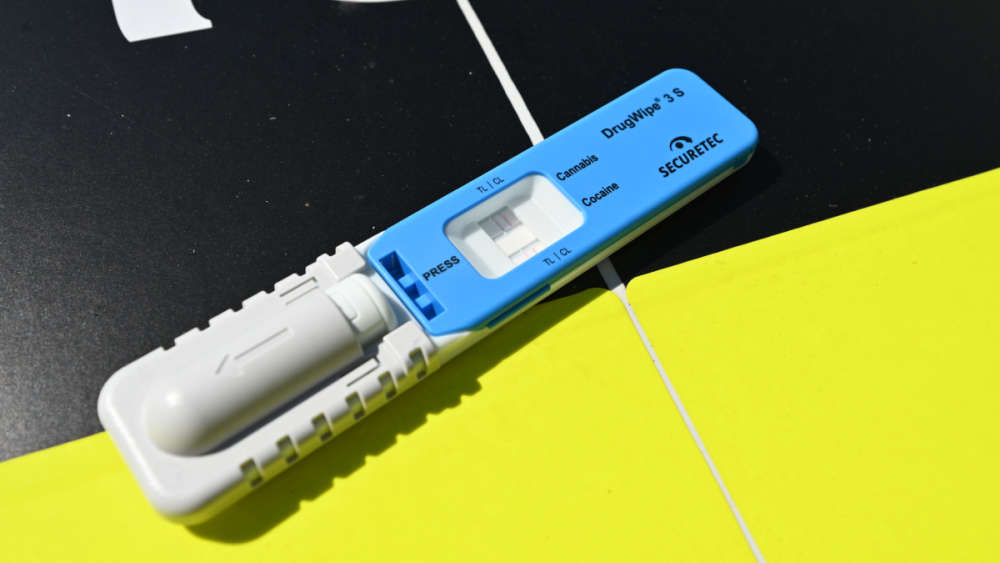 Cheshire Police among top performing forces for tackling drink and drug driving
Cheshire Police among top performing forces for tackling drink and drug driving
 ROLES UP FOR GRABS AS CURTAIN SET TO RISE ON THEATRE COMPANY'S NEW PLAY
ROLES UP FOR GRABS AS CURTAIN SET TO RISE ON THEATRE COMPANY'S NEW PLAY
 Pink Floyd: The Dark Side of the Moon returns to Jodrell Bank
Pink Floyd: The Dark Side of the Moon returns to Jodrell Bank
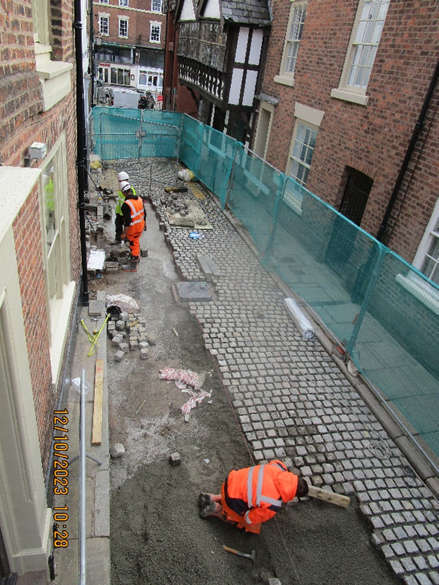 Welsh Water presents to Chester Residents Associations about pollution in the River Dee
Welsh Water presents to Chester Residents Associations about pollution in the River Dee
 SOLOISTS SET TO SHINE DURING SPECIAL CHESTER PERFORMANCE OF HANDEL'S MESSIAH
SOLOISTS SET TO SHINE DURING SPECIAL CHESTER PERFORMANCE OF HANDEL'S MESSIAH
 Chester and Wirral Football League - Latest Results
Chester and Wirral Football League - Latest Results
 BLUES MATCH REPORT - BRACKLEY TOWN 3 - 1 CHESTER FC
BLUES MATCH REPORT - BRACKLEY TOWN 3 - 1 CHESTER FC
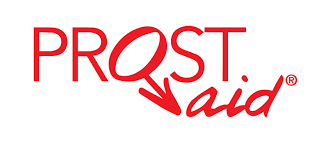 Inspired Villages complete a 7,500-Mile Charity Cycling Challenge in aid of PROSTaid UK
Inspired Villages complete a 7,500-Mile Charity Cycling Challenge in aid of PROSTaid UK
 Jail term for man who stalked Chester's MP
Jail term for man who stalked Chester's MP
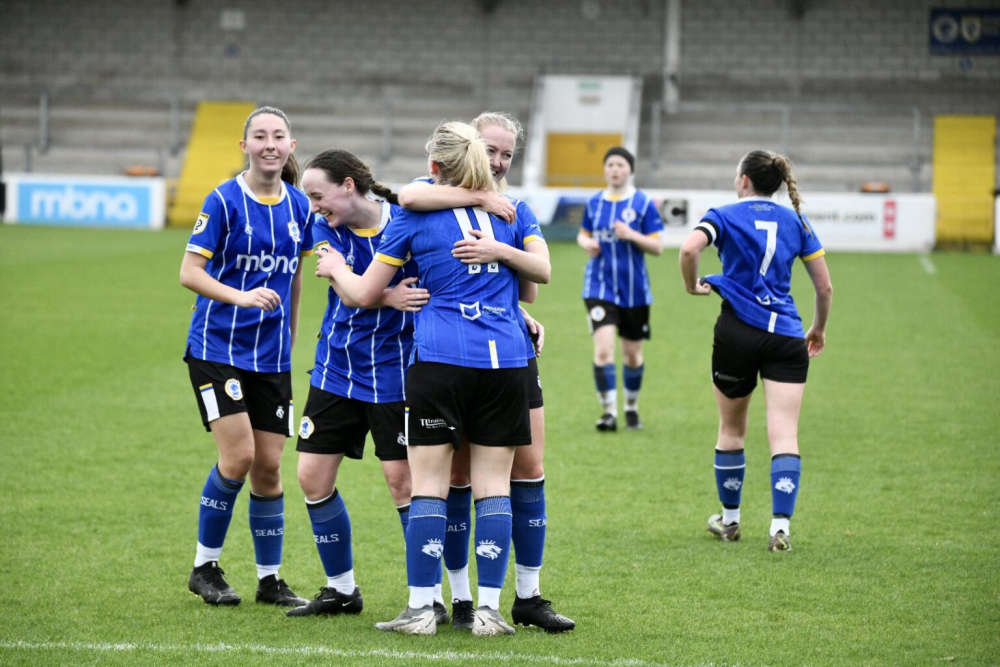 CFCW MATCH PREVIEW: WYTHENSHAWE v CHESTER FC WOMEN
CFCW MATCH PREVIEW: WYTHENSHAWE v CHESTER FC WOMEN
 BLUES MATCH PREVIEW: BRACKLEY TOWN v CHESTER FC
BLUES MATCH PREVIEW: BRACKLEY TOWN v CHESTER FC
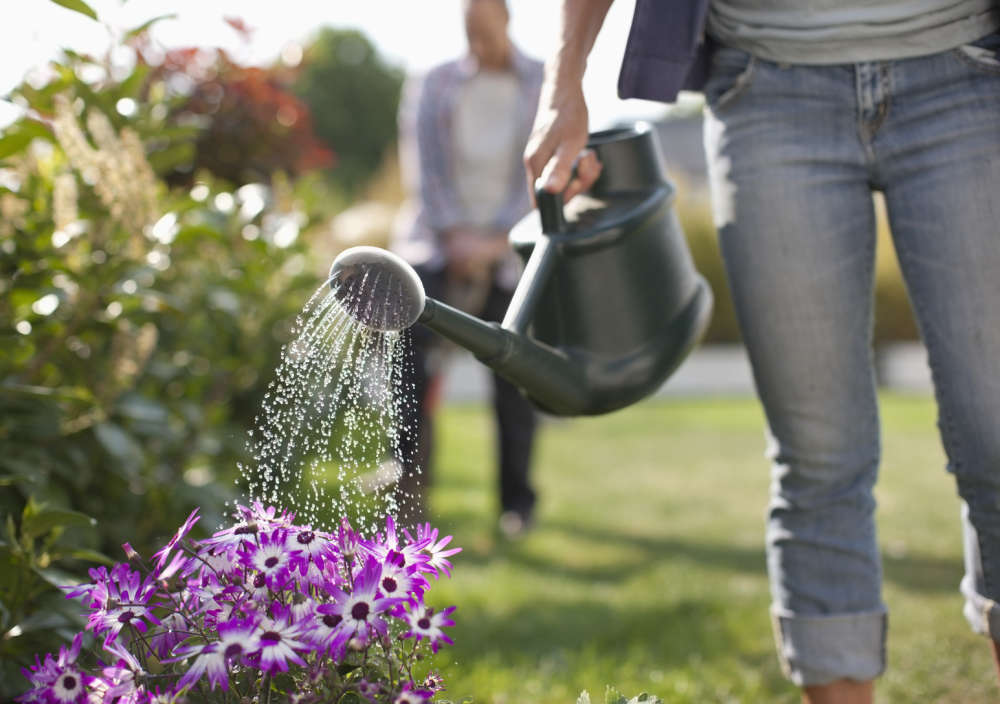 How to keep your garden healthy during hotter summers
How to keep your garden healthy during hotter summers
 RainbowBiz CIC Announces Leadership Transition
RainbowBiz CIC Announces Leadership Transition
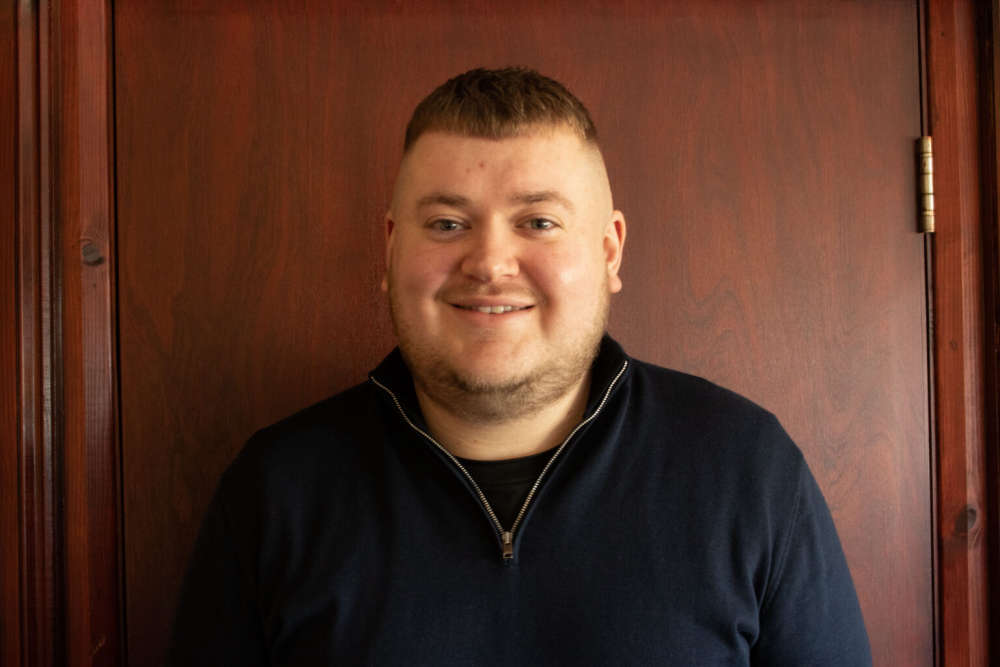 AN UPDATE FROM THE CHESTER FC'S GENERAL MANAGER
AN UPDATE FROM THE CHESTER FC'S GENERAL MANAGER